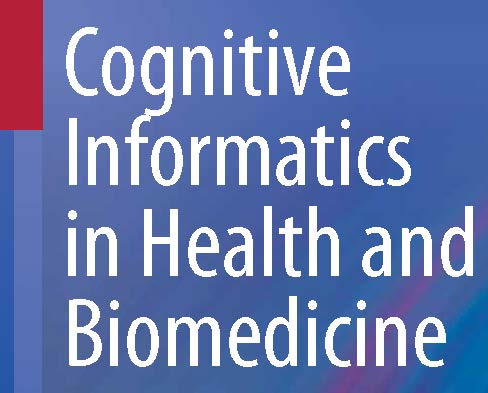
Previous and Forthcoming Books in Series:Cognitive Informatics in Health and Biomedicine:
Case Studies on Critial Care, Complexity and Errors (2014)
Vimla L. Patel, David R. Kaufman, Trevor CohenCognitive Informatics for Biomedicine:
Human Computer Interaction in Healthcare (2015)
Vimla L. Patel, Thomas G. Kannampallil, David R. KaufmanCognitive Informatics in Health and Biomedicine:
Understanding and Modeling Health Behaviors (2017)
Vimla L. Patel, Jose F. Arocha, Jessica AnckerCognitive Informatics:
Reengineering Clinical Workflow for Safer and More Efficient Care (2019)
Kai Zheng, Johanna Westbrook, Thomas G. Kannampallil, Vimla L. PatelPersonal Health Informatics:
Patient Participation in Precision Health (2022)
Pei-Yun Sabrina Hsueh, XinXin Katie Zhu, Thomas WetterIntelligent Systems in Medicine and Health:
The Role of AI (2022)
Trevor A. Cohen, Vimla L. Patel, Edward H. ShortliffeNatural Language Processing in Biomedicine:
A Practical Guide (2024)
Hua Xu amd Dima Demner-FushmanHuman Computer Interaction in Healthcare:
The Role of Cognition
(Second Edition, 2024)
Andre W. Kushniruk, David R. Kaufman, Thomas G. Kannampallil, Vimla L. Patel